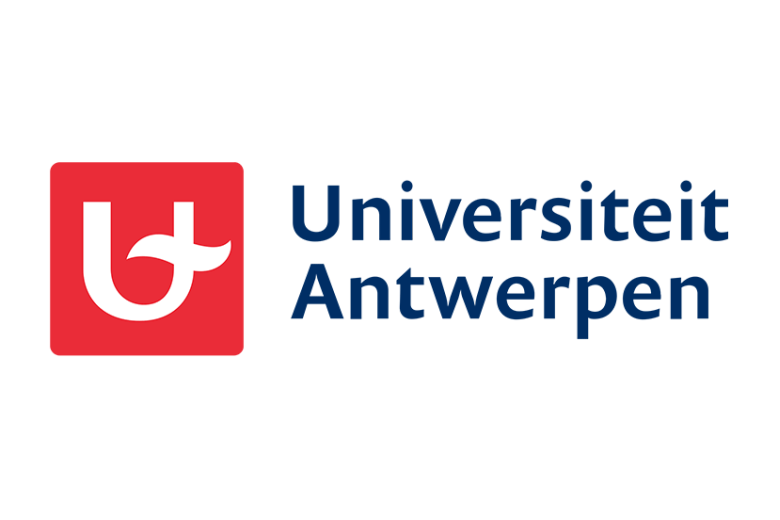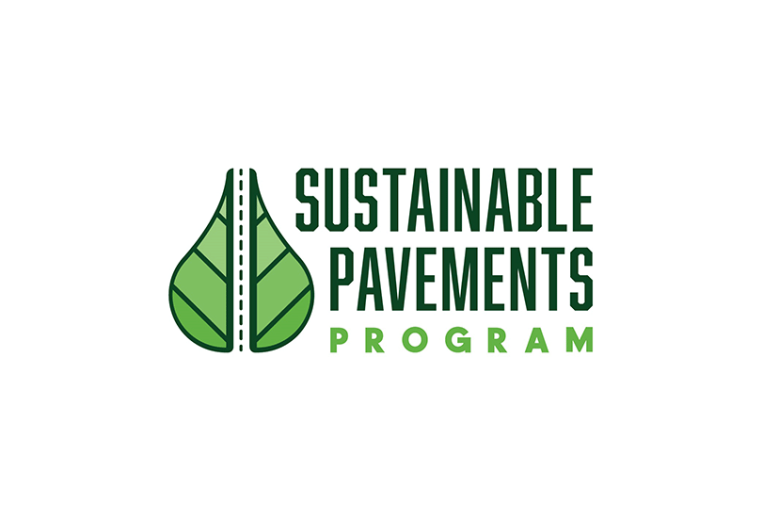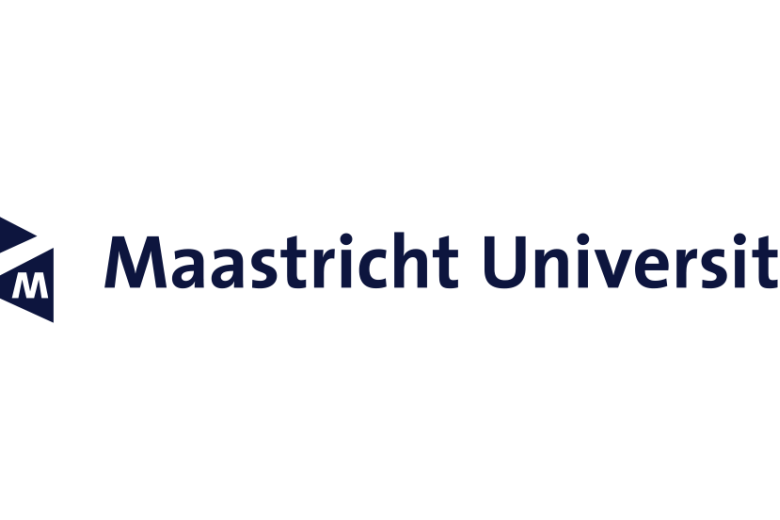AsSuRe Bio
Roads are indispensable to our daily life, providing essential social and economic benefits and promoting economic development. However, they also have a significant impact on the environment. Therefore, it is crucial to identify ways to mitigate their environmental footprint and make them more sustainable.
The AsSuRe Bio project seeks to integrate into the ongoing research ecosystem for sustainable and resilient roads, focusing on the recyclability, circularity, and often neglected environmental compatibility of urban pavements containing both a significant amount of recycled asphalt and bio-waste or bio-by-products materials from other industries, possibly sourced from regional value chains. Jointly conducted at the Sustainable Pavements and Asphalt Technology Research Group (SuPAR) at the University of Antwerp and the Sustainability of Chemicals and Materials group at the Aachen-Maastricht Institute for Biobased Materials (AMIBM) at Maastricht University, the project aims to address technical, environmental, and socio-economic aspects applying a holistic and integrated approach. It aims to overcome obstacles and challenges encountered regarding the use of such innovative materials in urban systems.
Another goal is to emphasize the benefits of less energy-consuming processes, the reduction of greenhouse gas emissions, and related issues in cities by highlighting the overall well-being benefits and the inclusion of secondary usage and circularity. The project develops the necessary steps to consider the full implementation of circular economy principles in the urban roads to improve the road’s environmental impact, ensuring safe, resilient, and sustainable infrastructures, and more livable cities.
Partners


